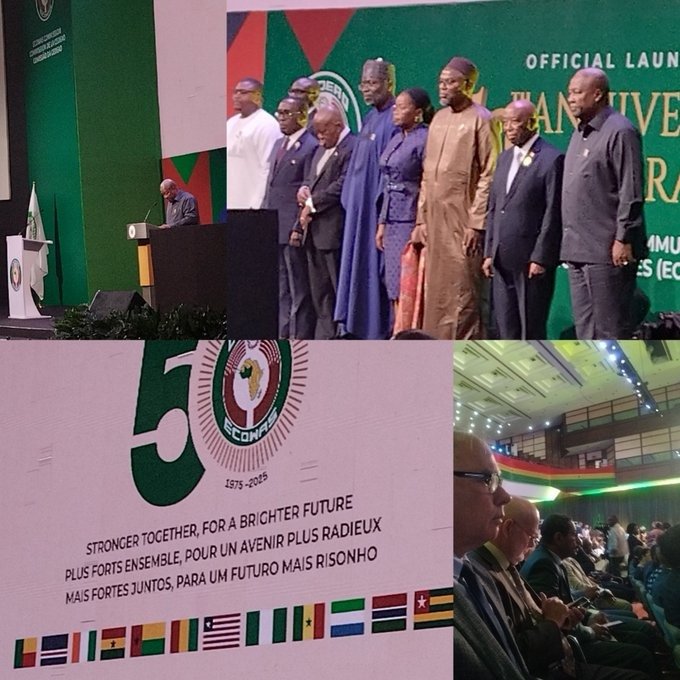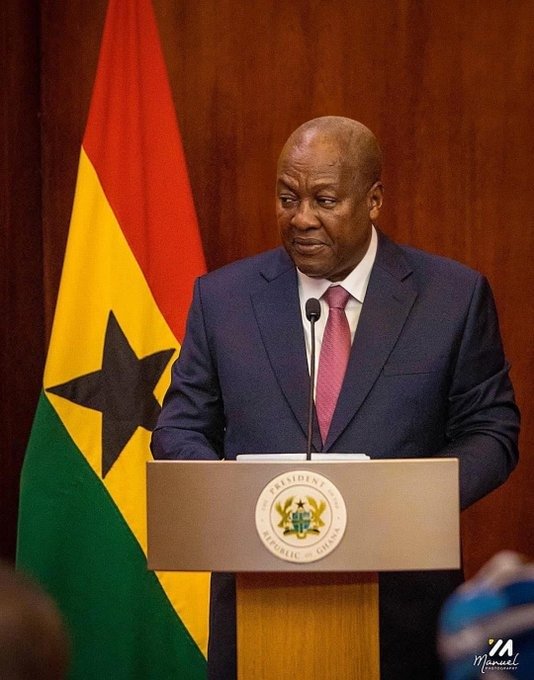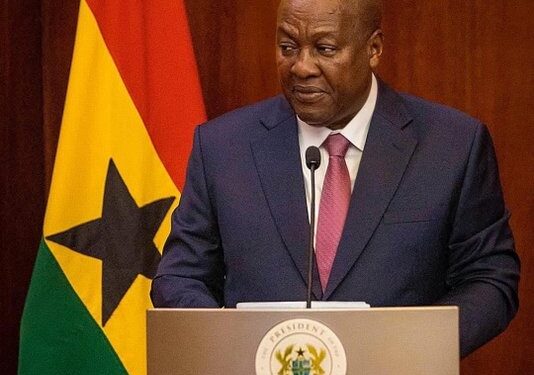President John Dramani Mahama has announced a landmark initiative to offer 1,000 university scholarships to students from across the ECOWAS subregion, reinforcing Ghana’s commitment to regional unity through education and shared experiences.

The announcement was made in Accra on Tuesday, April 22, 2025, during the official launch of ECOWAS’s 50th anniversary celebrations. Themed “Celebrating 50 Years of West African Unity and Integration”, the event drew heads of state, senior government officials, and representatives from the ECOWAS Commission.
“To mark this milestone and deepen our regional bonds, Ghana is offering a thousand scholarships to tertiary students from ECOWAS member states to study in our universities,” President Mahama declared.

He described the initiative as a concrete effort to promote integration and foster a sense of shared identity among West African youth.
“This is not just a gesture,” Mahama emphasized. “It is a bridge to a future where our young people see each other not as foreigners, but as partners.”
The President further highlighted that diplomacy must go beyond resolving conflicts, and should actively promote peace, inclusion, and development. He underscored the importance of investing in young people and expanding educational opportunities as essential tools for strengthening regional ties.
“Our pursuit of integration must go hand-in-hand with progress in economic, social, and cultural dimensions,” he said. “Whether through harmonizing trade policies or enhancing cooperation in health and education, our diplomatic efforts must always serve the interests of our people.”
The scholarship programme will be run in collaboration with Ghana’s public universities and coordinated by the Ministry of Foreign Affairs and Regional Integration.
ECOWAS, founded in 1975, aims to promote economic collaboration and political coordination among West African nations. As the community marks five decades of existence, President Mahama called on regional leaders to take bold, practical steps to ensure that ECOWAS remains relevant, particularly to the younger generation.









